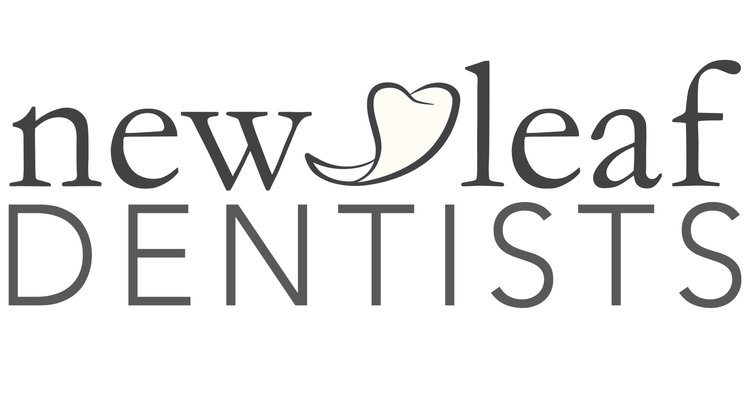Understanding Sleep Apnoea
Sleep apnoea is a health condition that affects the quality of sleep. Characterised by pauses in breathing or shallow breaths during sleep, it can lead to daytime fatigue, impaired concentration and an increased risk of serious health issues. The condition is often undiagnosed, making awareness and understanding crucial for proper management and treatment.
Diagnosis And Treatment Options
Diagnosing sleep apnoea involves a thorough evaluation, including a review of medical history and a physical examination. These help in identifying the severity of the condition and the most appropriate treatment path. Treatment options vary from lifestyle changes, such as weight management, to sleep apnoea devices.
How We Can Help
At New Leaf Dentists, we understand the complexities of sleep apnoea and the impact it can have on one's health and quality of life. We provide customised sleep apnoea devices for managing this condition. Our commitment is to provide our patients with comprehensive care that addresses their specific needs on the Central Coast.
Frequently Asked Questions
-
The most common signs of sleep apnoea include loud snoring, observed episodes of stopped breathing during sleep, abrupt awakenings with gasping or choking, morning headaches and night-time sweating. Recognising these symptoms is the first step towards diagnosis and treatment. Consult with us if you or someone you know is experiencing these symptoms, as untreated sleep apnoea can lead to more serious health complications.
-
Yes, sleep apnoea can have several implications for oral health. Individuals with sleep apnoea may experience dry mouth, which can increase the risk of cavities and gum disease due to reduced saliva flow.
-
Oral appliances for sleep apnoea work by repositioning the jaw or tongue to keep the airway open during sleep. These devices are custom-fitted to the individual's mouth. By preventing the airway from collapsing, oral appliances reduce the frequency of breathing interruptions and snoring.
-
Determining whether an oral appliance is the right choice involves a comprehensive evaluation. This typically includes an assessment of your sleep apnoea severity, jaw structure, dental health and overall health, while liaising with your GP. Oral appliances are often recommended for patients with mild to moderate obstructive sleep apnoea. However, the treatment approach should always be decided after a thorough consultation with healthcare professionals and dentists.

